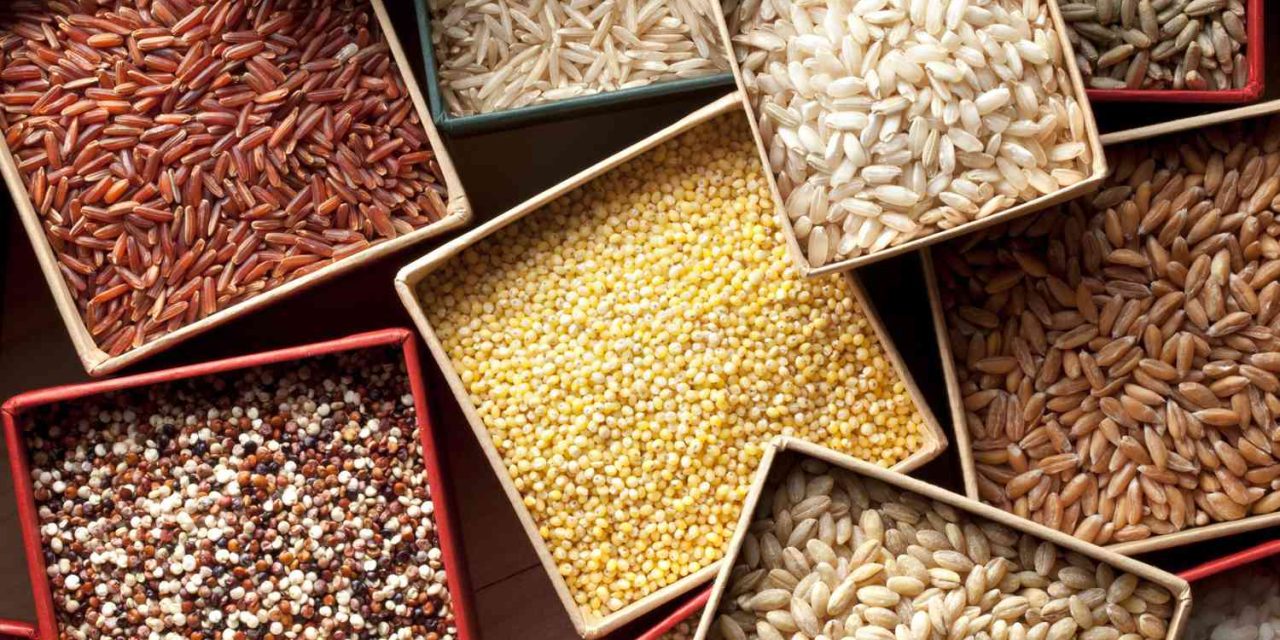Some of you may know that the issue of grain sales in Zimbabwe has been topical these past couple of years. In 2021, the government enacted statutory instrument (SI) 97 of 2021. This SI was put in place, stipulating the control of the sale of soybeans. These regulations were (or are) added to any contractual obligations agreed to by a contract farmer. These regulations shall prevail to the extent of any inconsistency with the contracted obligations. Recently the government made some amendments to these and other subsequent regulations. That is what we are discussing in this article.
Familiarize Yourself With SI 56 Of 2023
This is the Grain Marketing Control of Sale of Maize (Amendment) Regulations. You must familiarize yourself with Zimbabwe’s government’s position on grain marketing. This will help you better understand what we shall be discussing today.
Familiarize Yourself With Production Scheme Types In Zimbabwe
Regarding production scheme types in Zimbabwe that apply to grain, there are four core ones. It is important to know them; they are the ones that dictate the marketing dynamics of the grain in question. They are:
- Private Contractor Contract Farming
- Government-Supported Farming
- National Enhanced Agricultural Productivity Scheme [formerly, Command Agriculture]
- Self-Financed Farming
Summary Of The Amendments
To understand Zimbabwe’s latest grain marketing policies, we are looking at the recent amendments. Pay close attention if you are directly or indirectly involved in grain production and or marketing. Here are they:
‘Contractor’ Definition
Formerly, the definition of ‘contractor’ excluded the government. Now, the government is included in the definition. The government here refers to government organs, arms, or agencies. The definition also spans individuals, companies, entities, or anyone formally registered with AMA. AMA is the Agricultural Marketing Authority.
Authorised Agencies
Formerly, the Zimbabwe Mercantile Exchange (ZMX) was not included as an authorised agency. It is now considered an authorised agency. This implies that ZMX can now play roles in grain marketing in Zimbabwe. In this context, an authorised agency is any entity involved in the collection, storage, distribution, and or marketing of agricultural products.
Self-Financed Farmers Or Farming
A self-financed farmer is now defined as a farmer who uses their free funds to finance maize production and is not a party to any private contracting arrangement or government scheme. Regardless, a self-financed farmer is mandated to be registered with AMA. This is what makes it legal for them to market their produce.
On Selling Maize
It is stipulated that maize should be sold to the contractor who financed its production or the Grain Marketing Board (GMB). Only registered producers, contractors or their authorised agents can sell or dispose of maize. There is a prescribed way in which maize ought to be delivered to the GMB. Ensure you know it and do the needful. The GMB is not obligated to buy maize delivered to them by anyone who:
- Is not a producer
- Is not a self-financed farmer
- Is not a contractor
NB: A self-financed farmer can dispose of maize via certified warehouses registered by ZMX, to the GMB, to registered processors or contractors. Government can limit the quantities self-financed farmers deliver to processors. This may happen at any time, so take note.
On Buying Or Acquiring Maize
What Is Unlawful: It is not permitted for anyone or any entity to purchase or acquire maize from any farmer or producer, except directly from a contracted farmer or via the GMB.
What Is Lawful: This is the acquisition by a registered contractor directly from a financed producer (or farmer) or by the registered contractor from a self-financed farmer. A registered self-financed farmer can purchase maize from a certified warehouse registered by the ZMX, GMB, or a maize producer. As for a maize producer, this is when the self-financed farmer is contracted to them to produce the maize.
Important To Note Here
- A registered contractor who purchases maize from self-financed farmers is required to segregate such maize and account for it separately. As in, separately from their normal contracted crop.
- Detailed records of self-financed farmers must be kept. This pertains to prices and quantities purchased.
- If maize is acquired for use as seed, that should remain so. That maize should not be subsequently disposed of for any other use. Only with the written permission of the GMB may that use be changed.
Transporting Maize
What Is Allowed: A farmer or producer can freely transport five bags within Zimbabwe. These are bags weighing 50 kilograms each. A producer can only transport more than five bags if the grain is being delivered to the GMB or through authority by the government via nominated agencies (ZMX included).
Movement Permits
The GMB can issue movement permits. This is meant to expedite the movement of maize under contract farming and self-financed farming by contractors or their respective transporter agents. The application fee is US$10 (or local currency equivalent) per vehicle. Permits can be issued in physical or virtual form. A movement permit specifies the following:
- Validity
- Routes To Be Taken
- Quantities Being Moved
- Destination
Effective 8 May 2023, only the GMB is now authorised to export maize from Zimbabwe. This will only change once the Ministry states otherwise. I understand there is a lot to process in all that we discussed. If you need further clarity or assistance, kindly contact the GMB, AMA, ZMX, or the Ministry of Lands, Agriculture, Fisheries, Water, and Rural Development. You can contact AMA at cchiduku@ama.co.zw or +263781706212.








